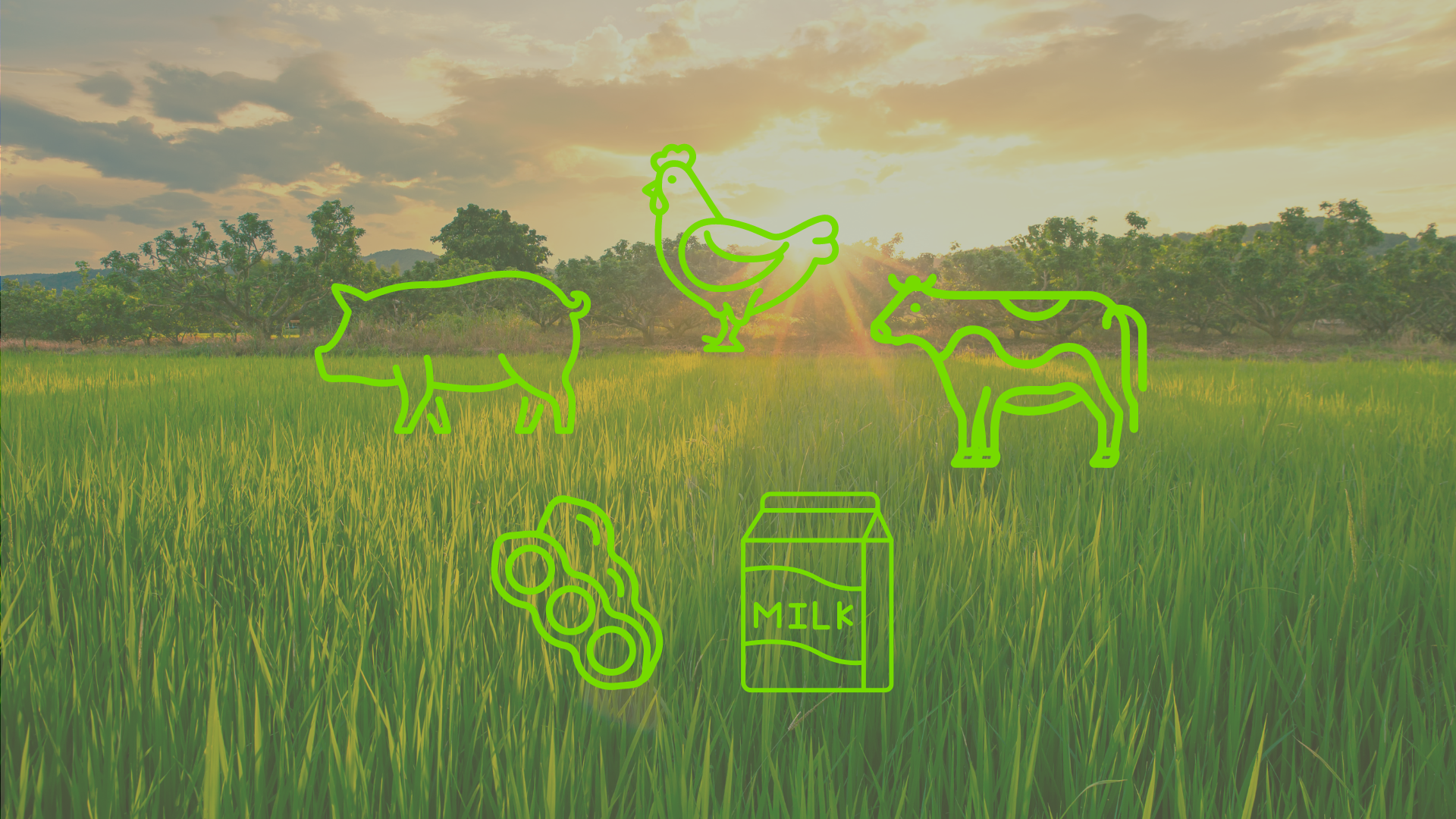
It is widely known that the impacts of protein should not be underestimated when it comes to a healthy diet. But what about the impacts of protein on the environment and society?
A key part of the Food System Transition is understanding the impacts of foods we currently consume, and the frameworks driving our consumer behaviours.
As part of the LIKE-A-PRO project, Impact Institute has assessed the environmental and social impacts, including animal welfare, of five different conventional protein sources consumed by European citizens, namely milk, soy, beef, pork and chicken.
After measuring, evaluating and comparing the impacts of five different conventional proteins, their findings show the significance of these impacts. Results from the impact measurement and valuation showed:
That of the five protein sources, milk had the lowest negative impact.
The negative impacts of soy stem mostly from high-intensity land use.
The protein source with the most impact on animal welfare is chicken.
Beef is the conventional protein that contributes to climate change the most.
The negative impact of pork is largely tied to feed production for farming.
Discovering the impacts of proteins is crucial for effectively identifying opportunities for improvement and taking steps forward in the protein transition journey. Having established a picture of the currently consumed proteins and their impacts, Impact Institute will do the same assessment for the alternative proteins created in the project, which will make it possible to compare the impacts of the alternative proteins with the conventional proteins.
Read the full report to learn more about the results.